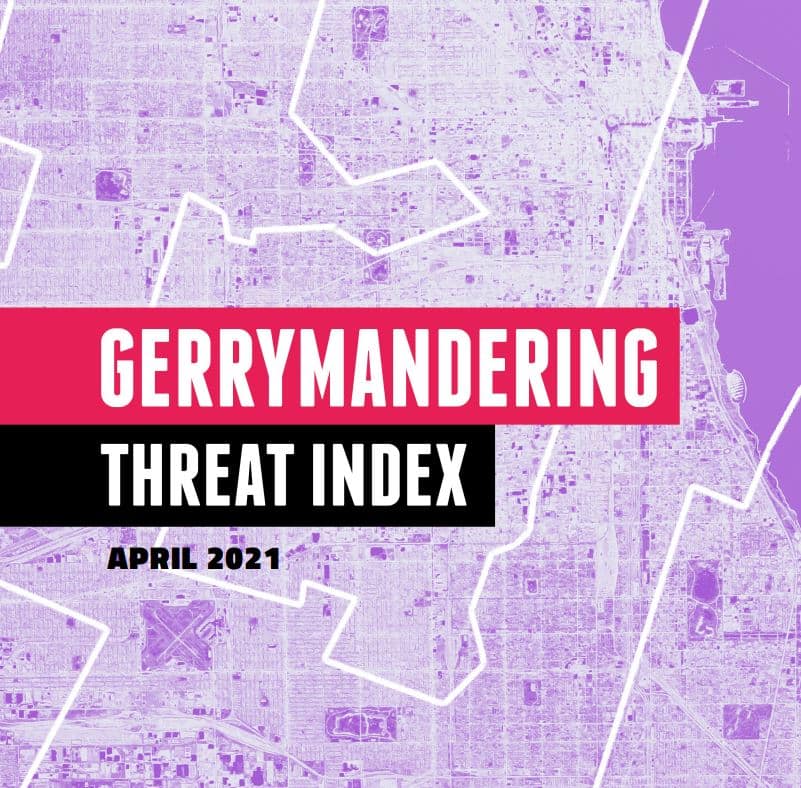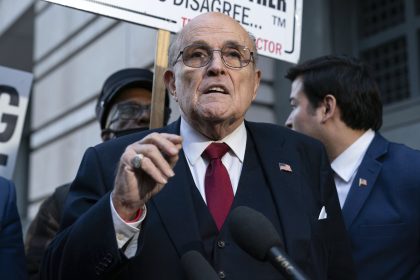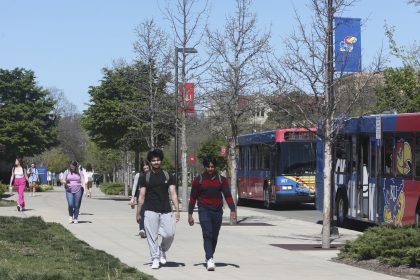35 States at Extreme Risk of Partisan Gerrymandering

Thirty-five states are at extreme or high risk of partisan gerrymandering, according to an in-depth report by the nonpartisan RepresentUs organization.
The Gerrymandering Threat Index rates all 50 states, and its authors argue their findings underscore the urgent need to pass the redistricting reforms within the For the People Act that would end partisan gerrymandering at the congressional level.
“This report makes it clear that gerrymandering is a national crisis that needs an urgent and bold solution,” said Josh Silver, CEO and co-founder of RepresentUs.
“Politicians are already preparing to pick their voters during this year’s redistricting. But with theFor the People Act, Congress has a chance to stop them before they get started,” Silver said. “If this critical bill doesn’t pass, 188 million Americans will be stuck with corrupt and unaccountable representatives for the next ten years.”
Highlights from the Gerrymandering Threat Index include:
— Thrity-five states — 70% — have a high or extreme risk of gerrymandering;
— They are red states and blue states, large states and small states, from Illinois to Georgia, Wyoming to Massachusetts to Texas.
— Unless these systems change in the next few months, more than 188 million people will live with unfair maps for the next 10 years.
— The fight over rigged maps will be especially sharp in the battleground states of Florida (high risk), Georgia (extreme risk), North Carolina (extreme risk), Pennsylvania (moderate risk), Texas (extreme risk), and Wisconsin (extreme risk).
The index also assigns a specific risk rating for each state based on five key questions: Can politicians control how election maps are drawn? Can election map drawing be done in secret? Can election maps be rigged for partisan gain? Are the legal standards weak? Are rigged election maps hard to challenge in court?
“We studied the laws on the books to determine where there are clear safeguards—and where there aren’t—and then assigned an understandable rating to make the threats clear,” said RepresentUs Research Manager Jack
Noland.
The redistricting reforms contained in the For the People Act would outlaw gerrymandering for congressional districts by blocking one party from controlling the redistricting process.
The bill would require independent redistricting commissions for federal seats. That means map-making would not be allowed to happen in the dark, unaccountable to public input and legal challenges.
“The For the People Act takes power away from politicians who rig maps to benefit themselves and puts it in the hands of people,” Silver said. “This is the biggest opportunity in 50 years to pass extensive anti-corruption and
elections reforms.”























